In 1966, director Mircea Mureșan won the debut award at the Cannes Film Festival with The Revolt, an adaptation of Liviu Rebreanu's novella of the same name. He returned in the early 1980s with a second adaptation of Rebreanu's work, Ion: The Lust for Land, the Lust for Love, but this time with less glamor.
The 1966 award holds several implications. Firstly, it was the fourth Romanian film to be present at Cannes, following A brief history (1962, dir. Ion Popescu-Gopo), Codine (1963, dir. Henri Colpi, a co-production between France and Romania, co-written by Dumitru Carabăț), and Forest of the Hanged (1965, dir. Liviu Ciulei). Secondly, its presence at the festival speaks to a unique context in which auteur criticism, left-wing protests in France (most notably at the 1968 festival edition), and the inclusion of socialist countries in international affairs were fervently intertwined. Lastly, the awarding of The Revolt at Cannes is also interesting due to a misunderstanding: Mureșan was not actually making his debut, but was at his second feature, as he stated in a 2016 interview.
Beyond these details, Mureșan was, at least until 1989, a director who covered a wide range of films, from literary adaptations (The Axe, 1969) to films about underground activists (The Barrier, 1972), and popular movies (The Graduates’ Fall, 1975). In other words, he was a director who stood out more as a filmmaker than as an auteur, or as Steven Maras puts it in the chapter dedicated to auteur politics (la politique des auteurs) in his Screenwriting: History, Theory and Practice, recently translated into romanian, more an interpreter than a creator.
Maras's book makes an anatomy not of the story, which is just one aspect of the screenplay, but the screenplay itself, its practices, and its possibilities. It covers its stages of development from the grassroots to the concept. The aforementioned chapter is especially relevant due to the broad perspective it offers on the issue of authorship in film, a fierce debate in one of the most collaborative arts. Maras, instead of taking sides in the battle between director and screenwriter, proposes several alternative readings. For example, the industrial perspective, the common authorship, the delineation between the roles of "creator" and "interpreter," or a symbiosis between their functions.
It is certain that if an original screenplay might belong to its author, but in the case of an adaptation, the one who scripts the story functions as a kind of interpreter himself.
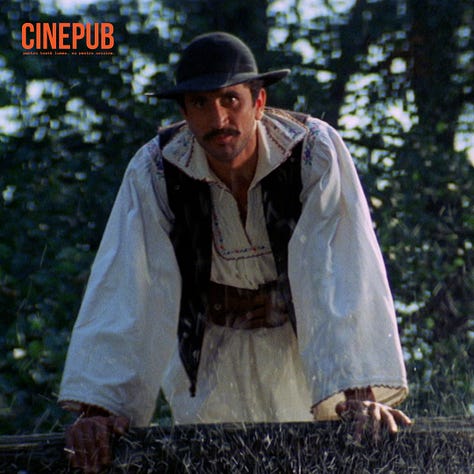
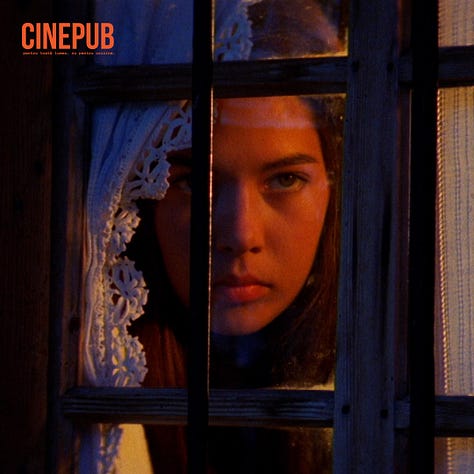

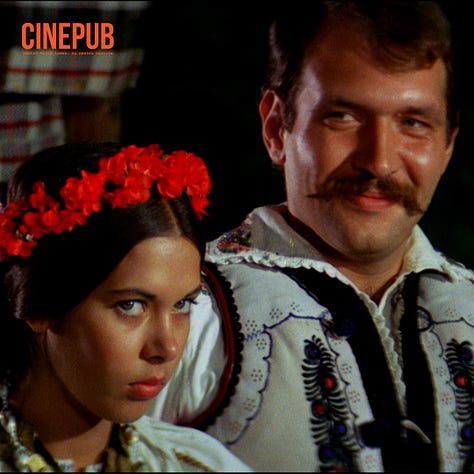
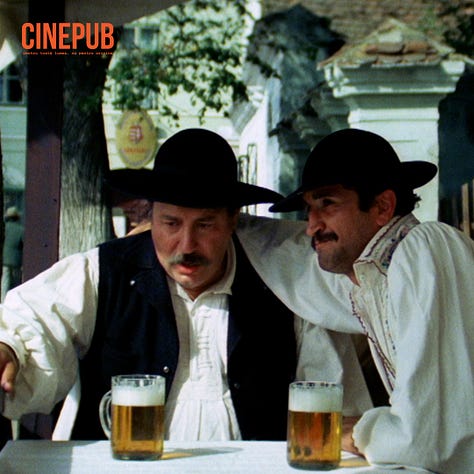
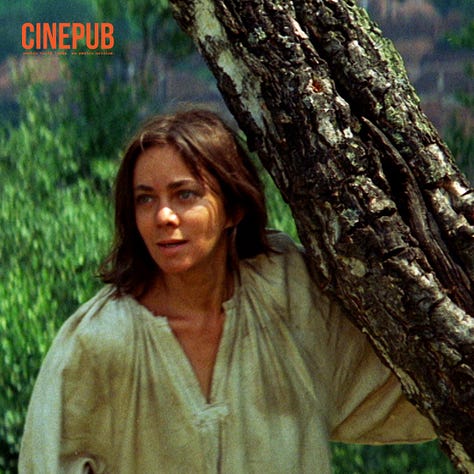



Regarding Ion, we can only note that the filmmakers' cinematic contribution is minimal. Ion is an example of a direct translation of the novel into film, an unspectacular equivalence between mediums. Mureșan's film underestimates the power of cinema, opposing the spirit of the novel, and to quote Truffaut, "treats the screenplay as if rehabilitating a delinquent by finding him a job; always feeling that he has 'done all he can' for it."
Regarding Steven Maras's book, translated into Romanian by Prof. Dr. Lucian Georgescu in collaboration with screenwriter and director Andreea Borțun, associate lecturer at UNATC, you can meet the translators on Friday, May 31, at 5:00 PM at the UNATC stand at Bookfest. On Saturday, June 1, at 3:00 PM at the Polirom stand, you can join film professor and critic Andrei Gorzo in conversation with Lucian Georgescu, moderated by Polirom editorial director Adrian Șerban.
(Emil Vasilache, cinepub.ro)
This week's premiere: Ion: The Lust for Love by Mircea Mureșan, Thursday, May 30th, at 9:00 p.m EEST , on CINEPUB.RO
This premiere is part of a national archive project supported by the Romanian National Film Centre. Special thanks goes to the Romanian Filmmakers Union and to the Romanian Film Archive.
Cinepub is the one and only, legally operating and free of charge, AVoD platform, dedicated to the Romanian cinema: independent, contemporary, or classic. Our comittment to remain “free” means hundreds of monthly hours of volunteer work of a (very) small team of passionate individuals.
Your donation can help us cover some of the costs of securing some distribution rights, covering the basic costs or just keeping the platform updated; in a nutshell, to survive! If you like what we do, if you read what we write, if you watch the films we show, consider supporting us.
We need your help. Thank you!





